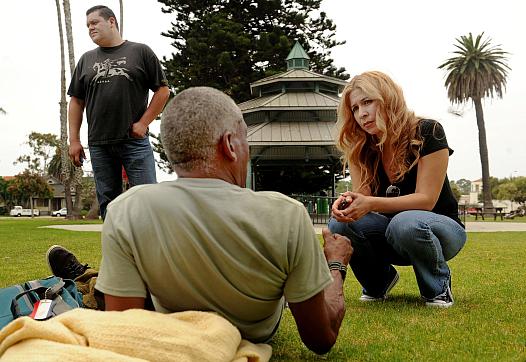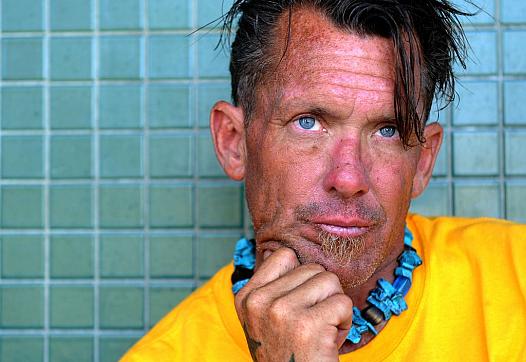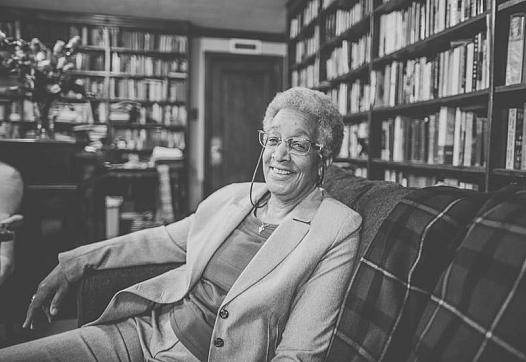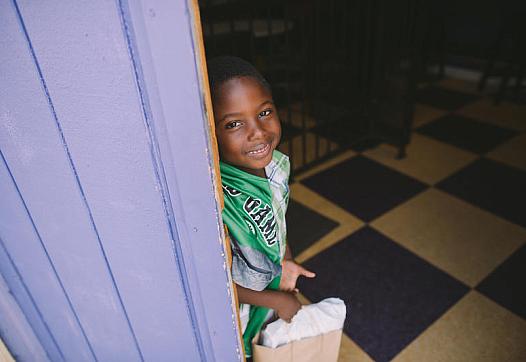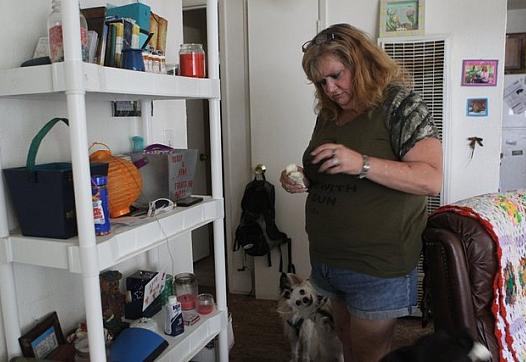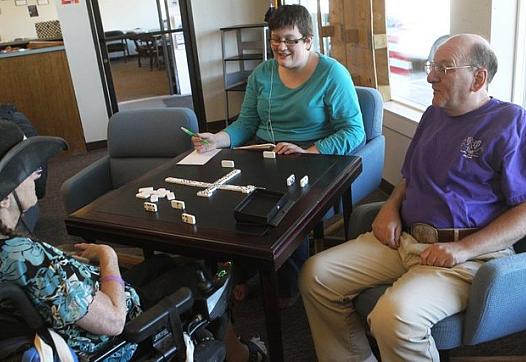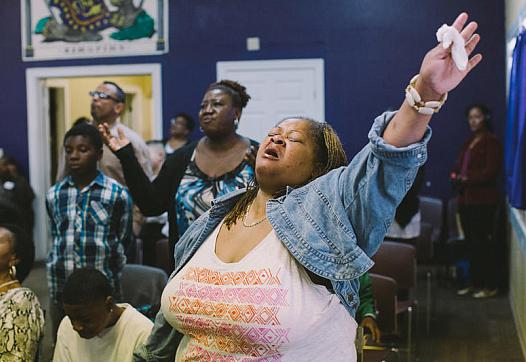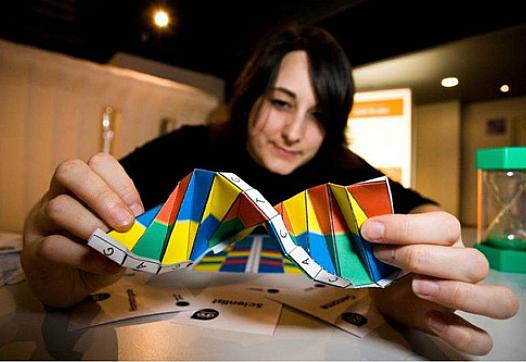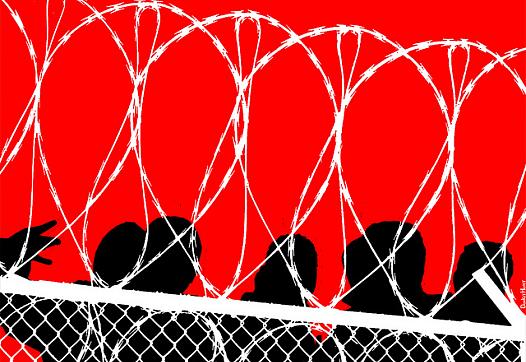
Decades ago we made our criminal justice policies tougher, but in a way that turned out to be neither just nor equitable. As the prison population has soared, we've come to realize our justice system is also terrible for your health. And the forces driving lockups and bad health are often the same.
